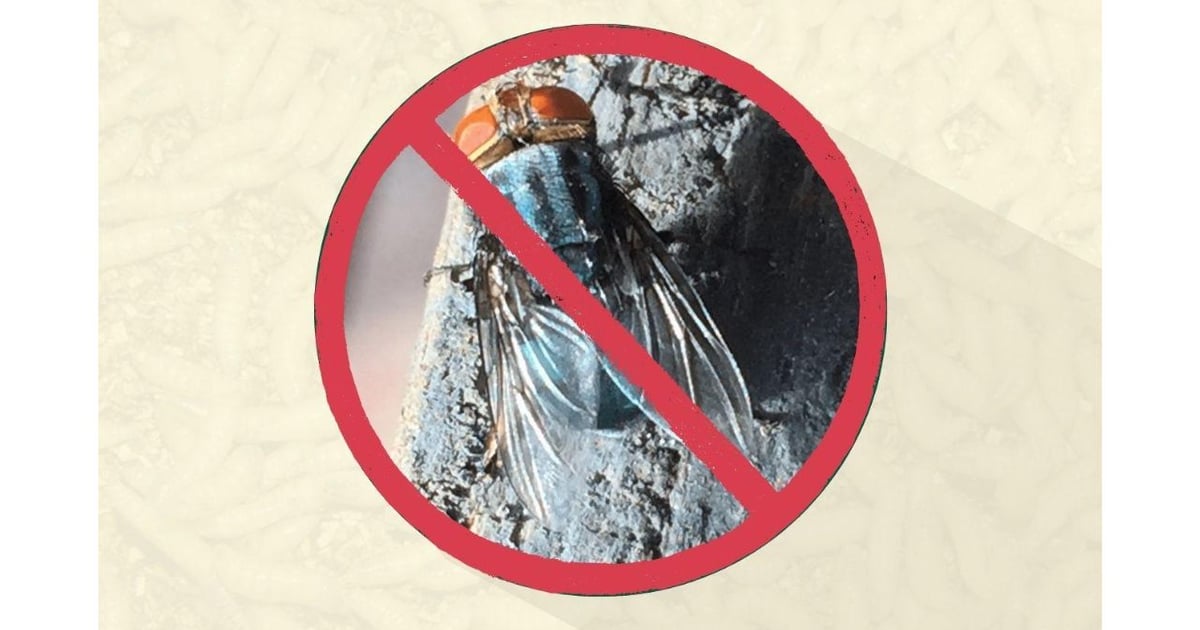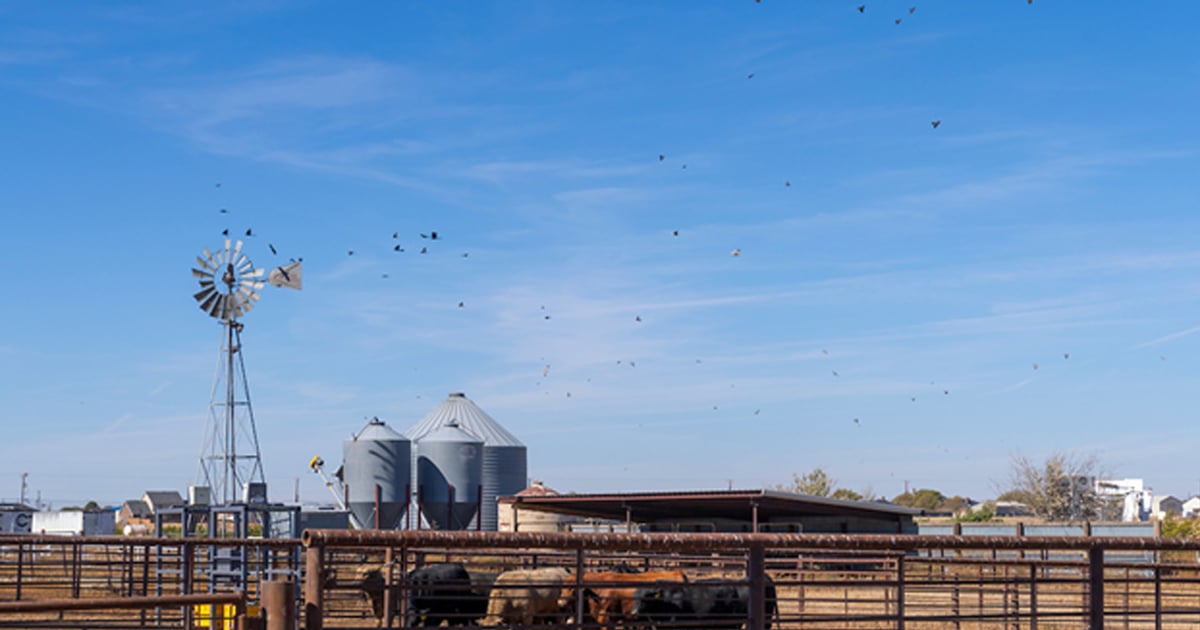UNL study to examine alternate diets for feedlot cattle
Posted on November 6, 2023
Source: Farm Progress. The original article is posted here.

Feedlot Management and Nutrition Extension Specialist Pablo Loza at the Panhandle Research and Extension Center is leading the new research project to increase alternatives in diet formulations. The study will have 448 steers putting on weight this 2023 winter, with a series of diets that includes different protein concentrates.
The steers in the trial will be in 56 pens with seven different treatments. The project will evaluate several diets, including a non-by-product diet treatment, where neither soybeans nor distiller grains will be used, as a negative control. Since the majority of feedlots commonly use some kind of by-product diet. Loza will have a positive control diet, using distillers, a common cattle diet.
“We’re going to test diets with equal amounts of protein but with different sources,” Loza said.
Feeding soybean meal to animals is done worldwide, as it provides all the essential amino acids that single stomach or monogastric animals require, such as lysine and tryptophan. They are also highly digestible in soybean meals. Raw or whole soybeans are hard to digest for monogastric animals like hogs or horses because of the presence of an anti-absorption factor that inhibits intestinal enzymes. Cattle with their multi-chamber stomachs or rumen can handle raw and whole soybeans up to a level that is not clearly established.
“We will be replacing one high protein component, distillers grains, with another, which will be whole soybeans, soybean meal, or roasted soybeans,” Loza said.
Loza is catering his treatment plans to allow a producer to be flexible with feedstuffs. The diet will have distillers grains, dry rolled corn, silage, a supplement providing minerals and vitamins, and then the different high protein ingredients. To give producers options if one protein source supply is scarce or economically better options are present.




